#tplosh
Text
I'm curious as to how holmesian tumblr's tastes have changed since 2013. Please reblog so I get more data!
(Data! Data! Data! I cannot make bricks without clay!)
#polls#tplosh#sherlock holmes#bbc sherlock#elementary#house md#granada holmes#rdj holmes#curse you fells for reawakening my holmesian instincts (jk thank you i needed to remember how much i love it all)#original poast
2K notes
·
View notes
Text
When I say 'I love Sherlock Holmes' this is what I mean
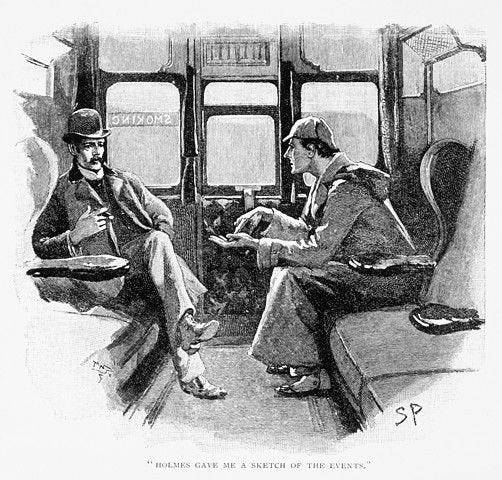




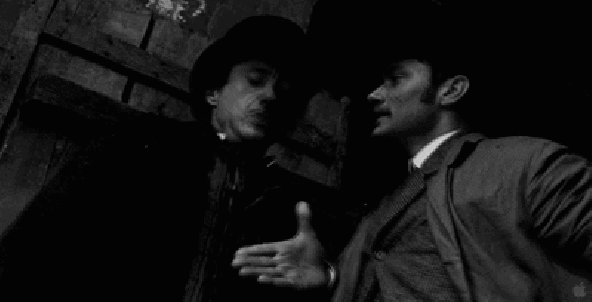

#yes I do agree that the RDJ movies are more action movies than anything but they still portray the johnlock relationship very lovely#and I adore RDJ#sherlock holmes#acd holmes#john watson#granada holmes#jeremy brett#soviet holmes#the adventures of sherlock holmes and dr watson#the private life of sherlock holmes#tplosh#peter cushing#the great mouse detective#robert stephens#johnlock#robert downey jr
342 notes
·
View notes
Text


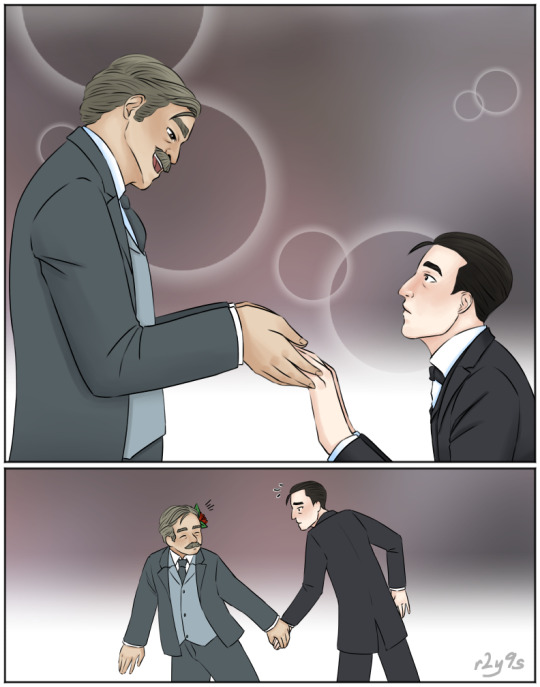
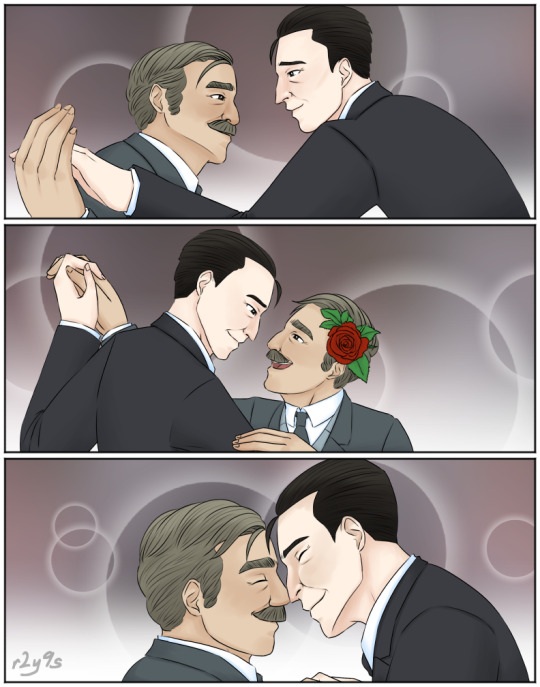
[Sherlock Holmes]
what if that one scene from tplosh but i make it Actually Gay
#sherlock holmes#acd johnlock#johnlock#john watson#holmeswatson#i really didn't like this scene lmao#so i ripped it apart and put it back together again but better#forgive my overuse of gradients for backgrounds#the private life of sherlock holmes#tplosh#i spent 2 months on this can u believe it#my entire folder for july is EMPTY#and this is the ONLY piece in my august folder
279 notes
·
View notes
Text
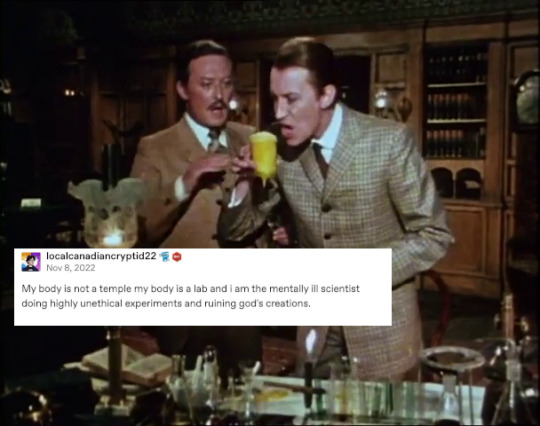
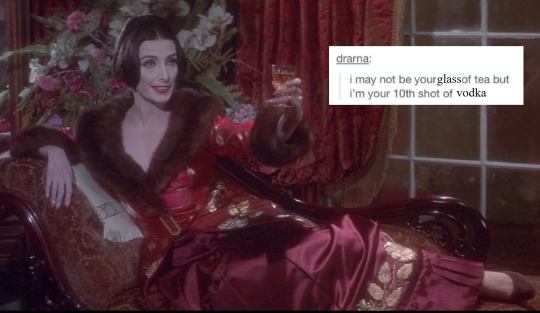
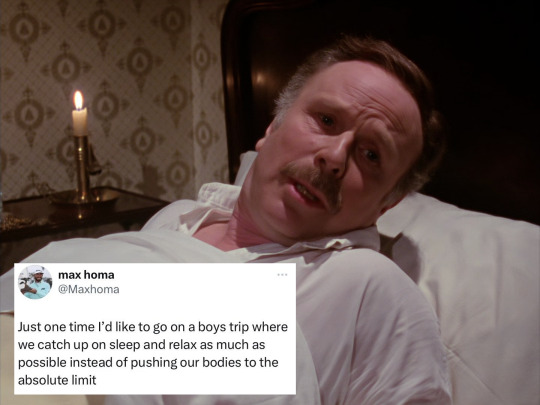

Stuff that made me think of my favourite Holmes adaptations
154 notes
·
View notes
Text
Why did no one tell me that The Private Life of Sherlock Holmes is so good?
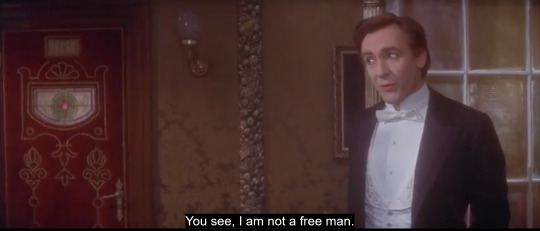

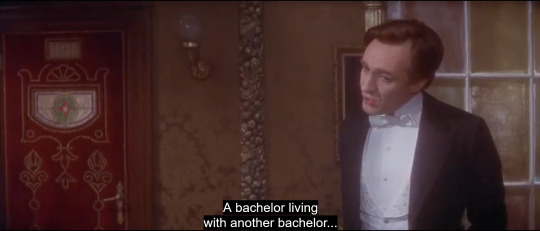


Like they were making better queer representation in 1970 than they do today apparently.
#tplosh#the private life of sherlock holmes#sherlock holmes#john watson#johnlock#not the bbc one but still i guess#also they mention the fact that tšaikovski was gay#id in alt text
763 notes
·
View notes
Text
My thoughts about The Private Life of Sherlock Holmes:
Let's start by summarising the movie -
No crime-solving happens in the first 34 minutes. The first act is all about Holmes and Watson's dynamic, exploration of the nature of their relationship with each other, etc. If you're the type of person who only watches/reads Sherlock Holmes for the cases, you'd believe this portion is skippable. Only the blink-and-miss detail about the "Midgets' case" is important as far as Holmes' detective work is concerned.
However, if you think exploring Holmes and Watson's interpersonal relationship and their casework are both equally important, like I do, the first act is GOLD. Most of the Tumblr gifs about this movie are from the first 30-35 mins lol.
1.) Holmes enters and they bicker like an old, married couple.
H: Oh, come now, Watson, you must admit that you have a tendency to overromanticize. You have taken my simple exercises in logic and embellished them, embroidered them, exaggerated them ---
W: I deny the accusation.
H: You have described me as six-footfour, whereas I am barely six-footone.
W: A bit of poetic license.
Not only is this whole scene just delightful in general but the theory about Watson being an unreliable narrator in ACD canon is actually being supported throughout the movie, starting right here.
--
W:It's those little touches that make you colorful...
H: Lurid is more like it. You have painted me as a hopeless dope addict - just because I occasionally take a five per cent solution of cocaine.
W: A seven per cent solution.
H: Five per cent. Don't you think I'm aware you've been diluting it behind my back?
This exchange was lovely. Way to slip in their closeness through a few words.
2.) Watson doesn't think it's odd to barge right in when Holmes is completely naked and taking a bath?
Also, why the hell does Holmes bathe with his bedroom door wide open?
And what's that thing he's taking a bath in called? Does anyone know about this stuff? Was this thing common in that timeline? It doesn't seem to fit a grown man like Holmes.
I have so many questions and I'm speechless at the same time. I'll just drop this here:
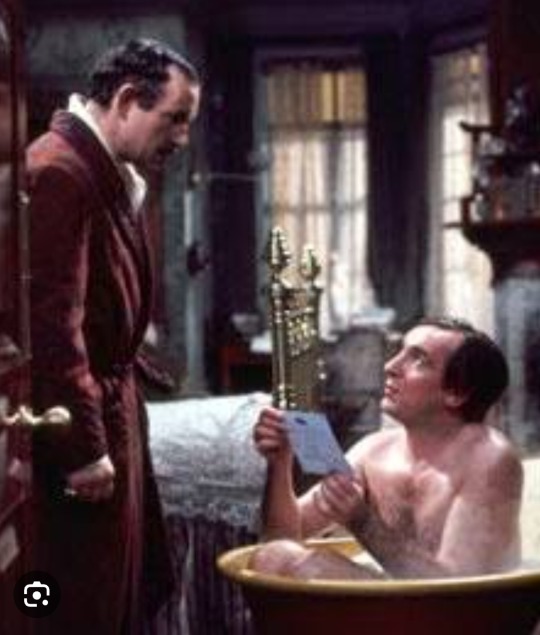
3.) Then Watson persuades Holmes to go to The Swan Lake ballet.
Watson enjoys that ballet, a little too much at that, mostly because he's staring at all the women on stage. (We'll get back to this later.)
Holmes on the other hand has dozed off. All he can admire about the most beautiful dancer, Petrova, is her strong arches. Which is... 🏳🌈
Then that whole scene about Nicholai and Petrova and Holmes in the dressing room. XD
Petrova offers a Stradivarius violin to Holmes in exchange for sleeping with her for a week, so that her child would be beautiful like her and brilliant like Holmes.
Holmes gets out of the situation by lying to both of them; saying he's in a relationship with Watson.
Honestly, that whole bit. Just look at the lines:
N: She has been dancing since she was three years old, and after all, she is now thirty-eight.
H: (gallantly) I must say she doesn't look thirty-eight.
N: That is because she is forty-six.
And:
Nicholai: (about Tolstoy) Too old --- Then we considered the philosopher, Nietzsche --
H: Absolutely first-rate mind ---
N: Too German --
Etc. They're all so funny. This whole scene is something else.
In fairness to Holmes, he did try to get himself out of the situation by lying about having hemophilia in his family, or saying that he's unromantic because he's English, etc but Petrova was having none of it.
Watson coming into the room all of a sudden gives so much clarity and calmness to Holmes. He just knows what to say to help himself because of Watson.
This unforgettable exchange:
N: You mean, you and Dr. Watson - He is your glass of tea?
H: If you want to be picturesque about it.
On a side note, I absolutely loved Nicholai's face journey throughout both scenes - in the dressing room, stuck in the middle of Holmes and Petrova's awkwardness, and later on when he asks about the alleged Holmes-Watson romance to Watson after having spread the rumour in the whole room.
I just loved his reactions a lot.
According to this movie-
Caprice of Mother Nature = Gay.
Half-and-half = Bisexual.
Watson comes to know about the rumour, after having had the time of his life with both men and women in the ballroom. Watson is pissed off, he goes home and confronts about the whole thing to Holmes.
They have a row at Baker Street, in which Watson is being extremely heteronormative again. Thinking too much about his reputation without stopping to question his own feelings and his weird fixation on Holmes' love life.
There's that famous line again:
W: Holmes, let me ask you a question. I hope I'm not being presumptuous -but there have been women in your life?
H: The answer is yes -- you're being presumptuous. Good night.
Awesome.
This marks the end of Act I.
The existence of these 33 minutes of the movie is proof that the writing team in this adaptation knows that exploring Holmes and Watson's characters and what they mean to each other is as important as Holmes' casework. Billy Wilder takes this seriously, even though there are some jokes here and there about it.
The whole of Act I is filled with raising questions about Holmes and Watson's preferences, etc. Does Holmes feel love or is he just a machine? Does Holmes feel love for Watson? Does Watson know about Holmes' feelings for him? Does Watson feel the same way about Holmes?
In my opinion, all the answers to the personal questions about Holmes are as clear as a day. What's really questionable is whether Watson knows and/or feels the same way about Holmes or not. Different viewers might draw different conclusions/inferences after watching this movie.
After this, the movie takes a turn because "Gabrielle" enters the picture, and the actual crime-solving begins from here. The tone becomes a bit more serious in this act.
A young woman, completely wet and in shock enters 221 B. Watson has to pay for her fare to the cabbie before he and Holmes take her upstairs to take care of her.
She can't remember anything at first, then from her wedding ring, Holmes gets to know her name: Gabrielle Valladon. Her husband's name is Emile Valladon.
She appears to have temporary amnesia because of getting hit on the forehead and almost drowning in the Thames.
She reveals info about herself that she's from Belgium, her husband was here in London for a job, they used to write to each other, and after some time, the letters from her husband stopped coming. She'd gone to the London police first after coming to this city. She says the police had advised her to consult Sherlock Holmes.
Now, this should make the viewer skeptical of her. Scotland Yard does consult Sherlock Holmes when they need him, but they aren't going to let him have the whole case if there's a situation like this.
Besides, that woman ending up at Baker Street specifically seems to be planned, anyway. Also, there's always this man who keeps waiting for her or someone else's signals on the outside.
I know what we see on screen comes from Watson's drafts on loose pages, but this movie's narration seems to be Third Person Omniscient POV to me. Where the viewer is privy to more information as compared to the characters.
The three of them keep looking for her husband's whereabouts, and she pretends to be helpless, needy, and fragile (to stroke the ego of the men around her, I believe. I mean that could be one of the reasons...) with temporary amnesia throughout most of the movie. Holmes and Watson don't suspect a thing about her as they keep working for her and she keeps sending cryptic messages to the "Trappists" (German government) with her parasol.
The thing I love about this act:
Ilse von Hofmannsthal aka Gabrielle Valladon is actually a competent character who happens to be a woman. We can see something shady is going on with her even though we don't know her real name, but one of the most brilliant people on the planet doesn't suspect anything. He thinks she's just a woman looking for her husband's whereabouts. He thinks her back story is real.
He keeps on thinking that until Mycroft basically tells him in the third act which is why we're able to see for ourselves that Ilse was genuinely able to outsmart Holmes. We don't have to be told by the narrative voice about Ilse's strengths (*cough* unlike BBC Sherlock and a lot of female characters written by Steven Moffat *cough*).
I, for one, felt respectful of Ilse or "Gabrielle" for real. It was quite refreshing to me after having watched some modern Holmes adaptations.
Holmes, Watson, and "Gabrielle" go looking for the cause of Emile Valladon's death after they've found his coffin in the graveyard, in the guise of having a picnic. Holmes and "Gabrielle" pretend to be a married couple - Mrs and Mr Ashdown, and Watson is their valet. The scenes after this point are delightful mainly because of Watson's reactions (which could be read as his jealousy over Holmes, too).
Also, me when Holmes calls Watson 'John' in an archaic Holmes adaptation:

Because of his sort of stupidity, Holmes takes Ilse, a German spy, right in front of the submersible (which he thinks is a mechanical 'monster' that lives underwater) in a boat, along with Watson.
Ilse was trying to grab as much information as she could about that secret project because she was working for her country. Who knew someone would show her the live version of that model so readily (albeit unknowingly)? :P
The three of them are obviously unable to find anything about Emile Valladon, so they go back to the inn room they're staying in.
That's when one of Mycroft's men comes to pick Holmes up and take him to his elder brother. Here's when the third act begins, I think.
Mycroft had warned Sherlock not to pursue "Gabrielle's" case any further during the second act. But Sherlock didn't listen, because a.) he's an empathetic man, and b.) Mycroft can't just order him to do or drop something just because. Sherlock is not a child anymore.
I know Mycroft was only trying to protect Sherlock, and that he couldn't have told him the real reason to stop him at that time, but still.
Either way, months of planning and testing the submersible have gone to waste because Holmes did not suspect at any point that his client, "Gabrielle Valladon" might have just been lying to him since the start. Can't blame Holmes for that. Ilse was meticulous.
Mycroft shows the model to the queen and she strongly disapproves of the model and curses it a lot. Personally, this seemed to be a shitty decision on her part, and I felt so frustrated and annoyed at her in that scene. She didn't even care to hear about its features. She just rejected it on the spot! :(
Mycroft decides to 'give the submarine' to the German government. It's implied that the Trappists were drowned along with the submarine itself in the deep waters. (That's what I gathered from that scene - correct me if my interpretation was wrong).
In conclusion, while Ilse is genuinely able to outsmart Holmes (unlike some writers forcing us to believe it in their adaptation because they told us so), the German government isn't able to go anywhere with the info they've gathered through Ilse because of Mycroft's last move. Moreover, the English government would have sent her to jail, if Sherlock hadn't suggested Mycroft send her back to her own country.
So, in the end, it's a lose-lose situation for all of them.
1.) Sherlock Holmes didn't know that Ilse was faking her name and her whole identity for a long time, so he unknowingly helped a German spy, thinking he was just helping an ordinary client. Ilse almost had him and the viewers could see for themselves that she'd outsmarted him.
2.) Even after Ilse von Hofmannsthal has got what she wanted for her government, as a spy, they aren't able to make use of that info because of Mycroft. And she has to get out of England anyway.
3.) Mycroft Holmes also fails, to some extent, because ages of effort to plan the submersible, hide the plans, and test the model in secret - all of it has gone to waste. The queen doesn't even want to hear him out in the end.
But even if it was a lose-lose situation, the battle was damn intriguing because of the high intellect on both sides - Holmes brothers and Ilse.
Months later, Holmes receives a letter from Mycroft about Ilse's arrest and execution by the Japanese government. Reading that, he's so moved that he can't even finish his breakfast. He gets up and asks Watson for his cocaine supply. Watson tells him, and then Holmes grabs the bag and goes to his room. Holmes shuts himself in, Watson gets up from the breakfast table too, sits beside the fireplace, and begins to write something on a piece of paper. Probably about the case, but for nobody to see.
End of Act III and the movie.
--
I loved the background score of this movie. It's quite touching and refreshing to listen to.
A lot of dialogue exchanges in the movie are so deep if you stop to think about them. It's unbelievable how much writers can convey through a few words. Some of them are quite funny too - particularly from Act I. There's a thin line between being funny and mocking, and TPLOSH didn't cross that. It was nice.
I love this portrayal of Sherlock Holmes. It's clear how deeply they've understood him from the original canon. Pretends to be dismissive and closed off but actually cares about everyone way too much.
I also liked Mycroft in this movie, even if he didn't have much screen time.
About Ilse von Hofmannsthal - I loved her. Seriously, this is how you write female characters, modern writers! People say ASIB is a direct adaptation of TPLOSH, which is true, but I'd prefer TPLOSH over that episode any day, and one of the reasons is the way the female lead has been written in the former. Not exactly a fan of how Moffat wrote her in his adaptation. He did her dirty, I'd say.
Characters like Ilse make me think that the writing team of this movie knew what feminism is. I can't say the same for the modern Holmes adaptation that has been heavily inspired by TPLOSH.
I loved the plot of this movie too. The case in itself was also pretty interesting and kept me hooked throughout. Even if it wasn't exactly resolved finally, and the ending was melancholic.
I wasn't expecting the movie to be this good. Which is why it took me so long to sit down and watch it.
I only have one complaint about this movie - Watson's characterisation.
I mean, Watson wasn't half as bad as I'd expected (I thought he was going to be horrible, based on the snippets of the movie I'd seen before), but still. I like how he doesn't fall into the bumbling idiot stereotype. As far as the casework is concerned, Watson is also quite competent and observant in his own right. He can handle the medical work too.
I've got problems with his heteronormativity, and the fact that when it comes to deducing what lies in Holmes' heart, he's dumb as bricks. It's annoying. Like, it's one thing if he doesn't feel the same way about Holmes, but he doesn't have to be so weird and homophobic about it. Also, I think Holmes should've told him about the truth related to Ilse and the 'mechanical monster'. I've had enough of 'keeping Watson in the dark for his own good', damn it! He should be more in the knowledge.
Watson's character was the only element in the movie that didn't receive justice from the writer. As a Watson-centric fan, I need this to stop happening in future Holmes adaptations. People should see more from his POV too, and stop to actually see where he's coming from, and properly understand his character in the next show/movie/whatever they make.
What I gathered from the movie about the characters and their interpersonal relationships-
Holmes is in love with Watson but doesn't admit it... for valid reasons this time. (side eyes at Watson's homophobia).
Watson is deeply attached to Holmes but sees him as a close friend. I wish he felt the same way about Holmes in this movie, but alas! Though if he doesn't feel that way about Holmes, why the hell does he seem so jealous of Ilse in Acts II and III? This is beyond me.
I think what they've tried to show is that Watson is too close-minded to confront his possibly repressed feelings for Holmes, deep within his heart? Maybe. It could very well be my wishful thinking lol.
But as far as Holmes' feelings for Watson are concerned, it's not even wishful thinking. It's just... right there. I wish the subtext about Holmes' pining were spelled out. I know why it couldn't (the Doyle estate was being a pain in the ass at that time), but still. It's quite clear what they wanted to write as far as Holmes' emotional side was concerned, but they dropped it from the scripts after Act I and decided to focus on the case instead.
Holmes is dismissive of 'Gabrielle' at first, but he becomes sympathetic for her after some time. He reaches out to help her with her situation, and as the plot moves forward, he grows affectionate for Gabrielle/Ilse, which is why he doesn't hold a grudge against her when he realises he's been outsmarted by this woman (even though his ego was mildly hurt for a while).
The way they maintained a balance between the plot and the characters is commendable. I love seeing well-written women in fiction and this movie showed me that.
I was surprised to see how good this movie turned out to be, as compared to my preconceived opinions. The Private Life of Sherlock Holmes has officially become my comfort movie now. Miles ahead of BBC Sherlock, in my opinion.
Thanks to my discussions with @jamielovesjam in a previous post about this movie lol. I wouldn't have wanted to watch the movie if not for the long talk I had with them. Also tagging @gaypiningshit and @helloliriels for further discussion.
End of my unnecessarily long rambling.
#sherlock holmes#john watson#holmes/watson#meta#the private life of sherlock holmes#TPLOSH#sherlock meta#my long ass review of a newfound favourite movie#movie review#gregorovitch being passive-aggressive#Ilse von Hofmannsthal#new blorbo acquired#strong female characters#a lovely movie overall#long post
98 notes
·
View notes
Text
From The Private Life of Sherlock Holmes dir. Billy Wilder, 1970
This scene absolutely kills me. The Private Life of Sherlock Holmes broke barriers depicting Holmes as gay. Here, Mycroft is referring to Holmes' and Watsons' female client, implying that Holmes and the lady were ~involved~. As soon as Mycroft says that, Holmes' (portrayed by the lovely Robert Stephens) entire everything changes. It's hard for me to describe in words what Holmes is thinking/feeling at that moment, but every time I watch this scene, my heart breaks.
His face slipping from amused to suspicious to askance to landing on unsettled. His head freezes and looks out with staring, un-blinking eyes. The way he carefully unfurls himself, walking slowly forward with a controlled reserve. Unintentional I am sure, but the lighting in this scene casts a shadow directly over Holmes' right eye making it look bruised. An almost physical representation of how Mycroft has wounded him.
The movie is unclear (or maybe, I just wasn't paying enough attention) on whether Mycroft knows that Holmes is gay. If he does know, it lends an amount of cruelty to this scene.
#sherlock holmes#mycroft holmes#john watson#tplosh#the private life of sherlock holmes#robert stephens#christopher lee#billy wilder#period piece#body language#acting without words#heartbreaking#original post
86 notes
·
View notes
Text
The Private Life of Sherlock Holmes dir: Billy Wilder, 1970
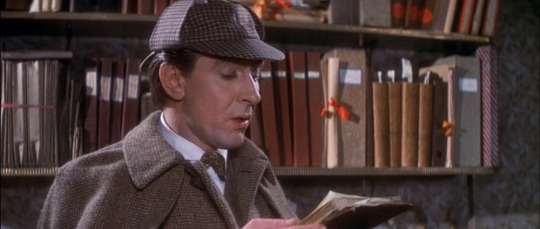
I only watched The Private Life of Sherlock Holmes for the first time a few days ago but it lights my brain up in that special way that I know I’ll revisit it a lot. Don’t get me wrong, it’s far from perfect, for one thing Colin Blakely’s Watson is a little too shouty for me, but it’s very worthwhile to check out despite its shortcomings, which I think mostly come from the fact that so much was cut from the intended script.
I absolutely love Robert Stephens as Holmes. His face is so good, he has a way of looking at Watson when he doesn’t know he’s being observed that is very soft. I thought I was hallucinating the beginning of this movie with Holmes telling the ballet dancer he’s gay and in a relationship with Watson. I thought it was going to be played for a joke, and it was a bit, but it didn’t just end there. Holmes and Watson have a conversation about the repercussions in a lengthy scene that turns very serious by the end. I can’t believe this was 1970 and no one has since tried to build on this specific dynamic in a more meaningful way. Someone needs to remake this into a mini-series exactly how Billy Wilder intended it to be, here’s hoping public domain can make it so.
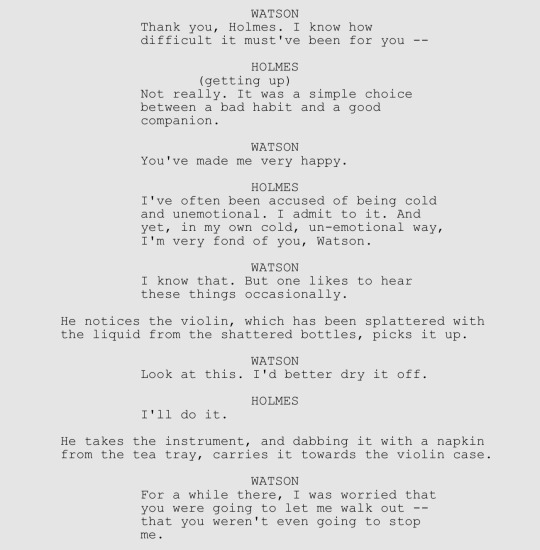
[above: script page from the cut story The Curious Case of the Upside Down Room, where Watson creates a fake case to make Holmes feel better]
Also, the backstory of the making of this film is so out of control: Robert Stephens’s nervous breakdown and suicide attempt during the production, the amount of years Billy Wilder was trying to write it and get it made, the interference of ACD’s son, the Loch Ness monster prop that the crew lost in actual Loch Ness, the immense scope of the episodic story they were going for, the way it got cut down from its original 3 hour 45 minute runtime and how that cut footage was lost forever! (this is crazy! everyone go check your attics and storage lockers right now).
In one of the interviews I found, Robert Stephens says “if something is boring — if it’s three minutes long it’s too long, but if it’s interesting it’s never long enough…you don’t want it to end.” Big same Toby Stephens’ dad, big SAME. I didn’t want it to end. I read the uncut script and I am just floored at what we missed out on. Thankfully some footage and audio remain of some of the cut scenes (but still! check your basements too).
Just fully let it settle into your brain that they filmed all of these stories in the script, and then cut most of it away. Like that is mind-blowing to me, it existed at one point as it was fully intended to be. If this was made now during home entertainment times, they would have no problem releasing an almost four-hour movie, but at the very least there would be a big director’s cut dvd release and we would be enjoying all the small Holmes x Watson moments we deserve.
Anyway, in pretty short order I found a bunch of interesting links to stuff, details below. I also consulted my very well-thumbed Conversations with Wilder book by Cameron Crowe, but there wasn’t that much more information in there. I have Robert Stephens’ memoir Knight Errant and the TPLOSH blu-ray on order so I’ll add to this post if I find any more good resources. Let me know if I’m missing anything, and enjoy!
Full movie on YouTube (x) <-update: this link went private, but it's also streaming for free on Tubi and Freevee, and available to rent on YouTube, Google Play, and Apple TV
Original roadshow draft of script on Internet Archive (x)
Missing footage: Prologue [sound only plus stills] (x), The Curious Case of the Upside Down Room [sound only plus stills] (x), The Dreadful Business of the Naked Honeymooners [footage and soundtrack only, no sound dialogue] (x), alternate ending [sound only] (x)
Making of documentary that includes behind-the-scenes snippets of some of the cut scenes [this doc is in German, but you can turn on the auto-translate to English in the YouTube settings] (x)
Interview with Ernst Walter, film editor of TPLOSH (x)
Interview with Christopher Lee “Mr. Holmes, Mr. Wilder” 2003 (x)
My YouTube playlist with all of the above links in one place plus an excellent fan vid by Just Bee that I added to the list because it’s just so good (x)
Missing Movies: A Case for Sherlock Holmes from 1994 BBC Radio 2 on Soundcloud [includes interview with Robert Stephens and folks involved in the production] (x)
Articles about the lost Loch Ness monster prop (x) (x)
The soundtrack by Miklós Rózsa (x)
70 notes
·
View notes
Text
private life of sherlock holmes features not only gay holmes but also watson in a kilt?? truly a masterpiece
#they came together to optimize their joint slay#seriously the film is so cunty i have to recommend#only the watson characterization wasn’t the best but his argument about being outed as ‘comfortable bachelors’ made sense for his character#sherlock holmes#the private life of sherlock holmes#tplosh#movies
36 notes
·
View notes
Text
Okay gang, we're watching The Private Life of Sherlock Holmes for the first time tonight!
63 notes
·
View notes
Text
Humm I’m seeing a new podcast called Sherlock & Co…. Dare I awake the Sherlock obsession again? I was watching so many adaptations this time last year lol

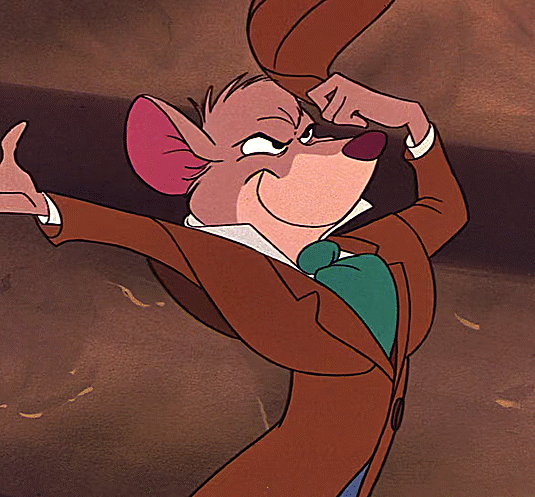


#acd sherlock#granada holmes#sherlock holmes#john watson#sherlock & co#basil rathbone#jeremy brett#the great mouse detective#tplosh#holmes x watson
47 notes
·
View notes
Text
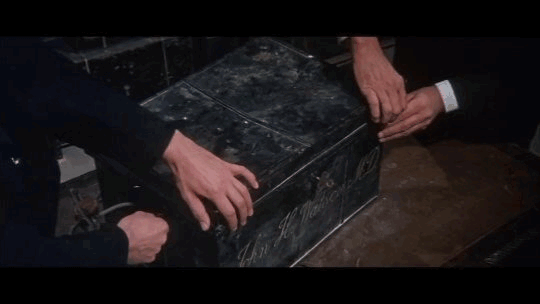
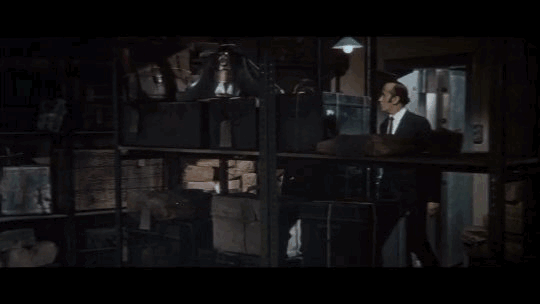



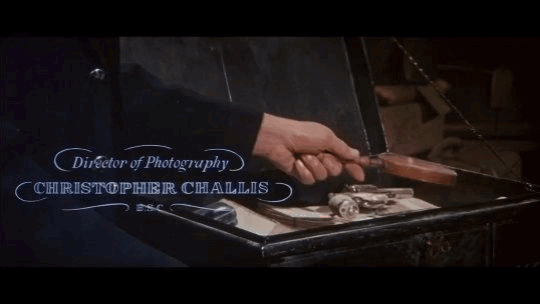

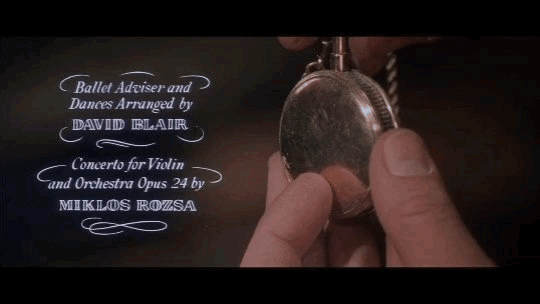
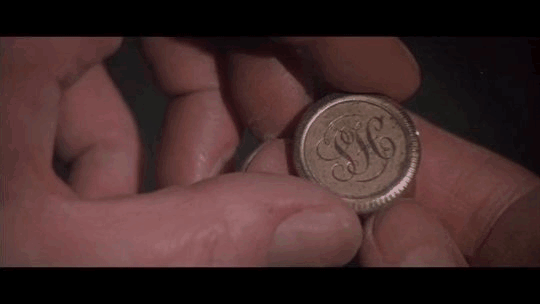

Scenes from the opening credits for "The Private Life of Sherlock Holmes" (1970)
#og stim board#apologies for more opening credits gifs theyre just so cool#tplosh#the private life of sherlock holmes#vintage film#1970s#70s movies#billy wilder#robert stephens#colin Blakely#sherlock holmes#gifset#gif set
58 notes
·
View notes
Text

Vincent Starrett, The Private Life of Sherlock Holmes
783 notes
·
View notes
Text
Turns out my brain will latch onto anything even remotely based on Sherlock Holmes. I'll watch anything with Holmes and Watson vibe, give me one bastard genius and his humanity personified any day.
#I cannot explain why I always attach myself to this one type of thing#yes this happena more than you would think#sherlock#tjlc#the private life of Sherlock Holmes#tplosh#house md
123 notes
·
View notes
Text
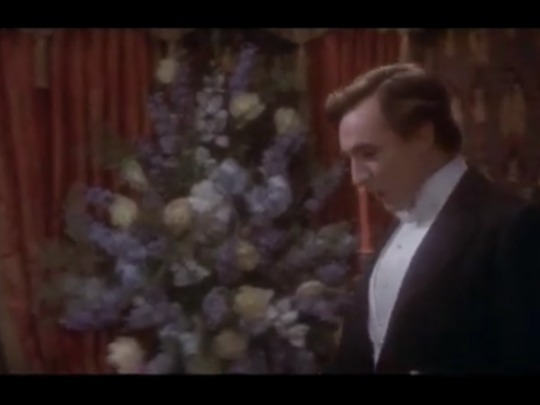

can i talk about this. and about how tsot added green carnations
88 notes
·
View notes
Text
began watching "the private life of sherlock holmes" today
yknow you all said there was canon gays and, being honest, I didn't believe you
I'll never doubt you again holy SHIT
34 notes
·
View notes